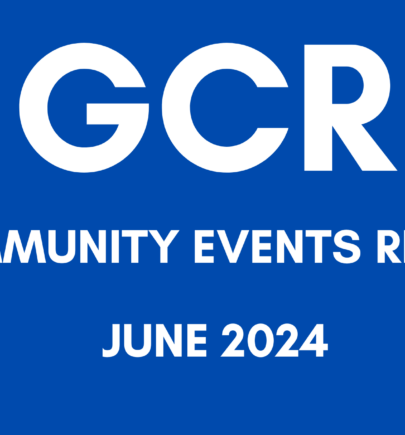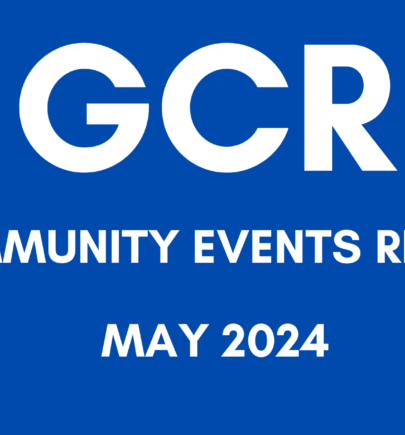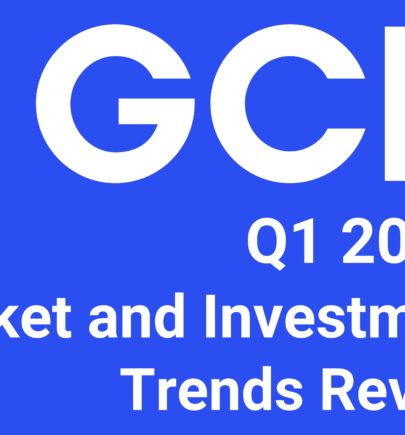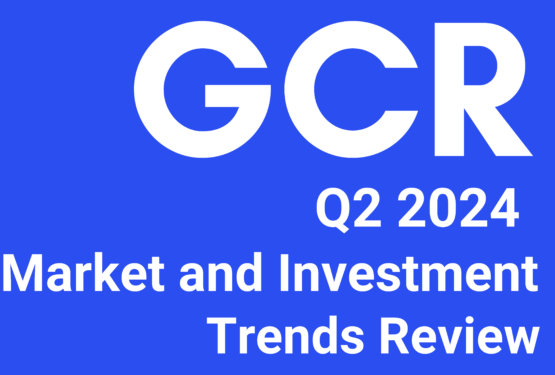Vitalik Buterin on Cancel Culture in Crypto

Cancel culture reared its head in the crypto community recently, with Ethereum Name Service (ENS) Director of Operations Brantly Millegan fired on the back of a 75% majority vote to remove him.
The cause? An inflammatory 2016 tweet:
Crypto camps were quickly divided over the story.
Was this a case of cancel culture and censorship finding its way into the world of Web3 — something that, in many respects, goes against the ethos of decentralization?
Or was this just a case of DAOs working as expected, with governance procedures and majority rule quickly settling matters?
Vitalik Buterin on Cancel Culture and the Ethereum Ecosystem
Buterin weighed in on this question in a recent episode of The Defiant podcast with Camila Russo.
He made several important points, considering both sides of this complicated issue:
1. Leadership requires engagement and political maneuvering
Buterin suggested that part of a leader’s job is to manage controversy and engage with opposing views.
Millegan didn’t do this. Instead, he doubled down on his position while downplaying the concerns of people within the ENS community around inclusivity and openness.
2. Beware the US-centric element to Ethereum’s culture
Buterin warned that certain US-centric aspects of the Ethereum community’s culture risk alienating non-US community members.
For example, he argued that people from China, parts of Latin America, or Russia, are more likely to rail against any form of de-platforming, because “they escaped cancel cultures that were more intense than the United States”.
Buterin suggested that de-platforming Millegan may have normalized such behavior and set a dangerous precedent in a way that could backfire in the future against the same groups of people railing against Millegan.
“It’s important to communicate the values behind what is being done in a way that doesn’t set dangerous precedents”, he said.
3. Introduce 14-day cooldown periods
Instead of falling victim to our most primitive emotions, Buterin suggested that a 14-day cooldown period could help to prevent kneejerk reactions and facilitate more considered deliberation before deciding whether or not to remove someone from a DAO.
We are susceptible to all kinds of cognitive biases that can plague our decision-making and lead us to what may seem like good decisions in the moment, but might turn out to be poor decisions in hindsight.
4. Subcommunities shouldn’t dictate the values of the whole
“Ethereum is not any one of its subcommunities… I don’t think either myself or any Ethereum subcommunity have the right to define what all of Ethereum stands for, and I think it’s healthy that’s the case,” Buterin said.
Buterin’s sentiments were similar to those I shared on The Metavise Podcast.
When you bend over backward to include one group or pander to one set of values, you might be inadvertently excluding other groups and other sets of values.
This is something James Damore argued upon being ousted from Google for that memo. Damore said that the move, popular among Silicon Valley’s left-leaning hordes, signaled that conservative values are not welcome. Given the size of the conservative constituency in the United States — such a move could be considered quite exclusionary.
Some Questions to Ponder
The Millegan incident raises several questions worth considering for those helping to build Web3:
- Who decides what the overarching values of a group are?
- Should this be decided up front, and communicated to all new and prospective members?
- Where do we draw the line? Do we take a Brian Armstrong-inspired anti-politics and religion stance, or do we take a more activist approach?
- Do any of the above decisions leave us susceptible to controversies similar to the ENS situation within our own communities or DAOs in the future?
Building stuff is great. Building stuff that can improve the world is better.
But who’s doing that building? People. And people are complicated.
Losing touch with this simple fact and categorizing complex issues into neatly demarcated buckets risks doing more harm than good in the long term.
Steve Glaveski is the co-founder of Collective Campus and Metavise, author of Time Rich, Employee to Entrepreneur and host of the Future Squared podcast. He’s a chronic autodidact, and he’s into everything from 80s metal and high-intensity workouts to attempting to surf and do standup comedy.












